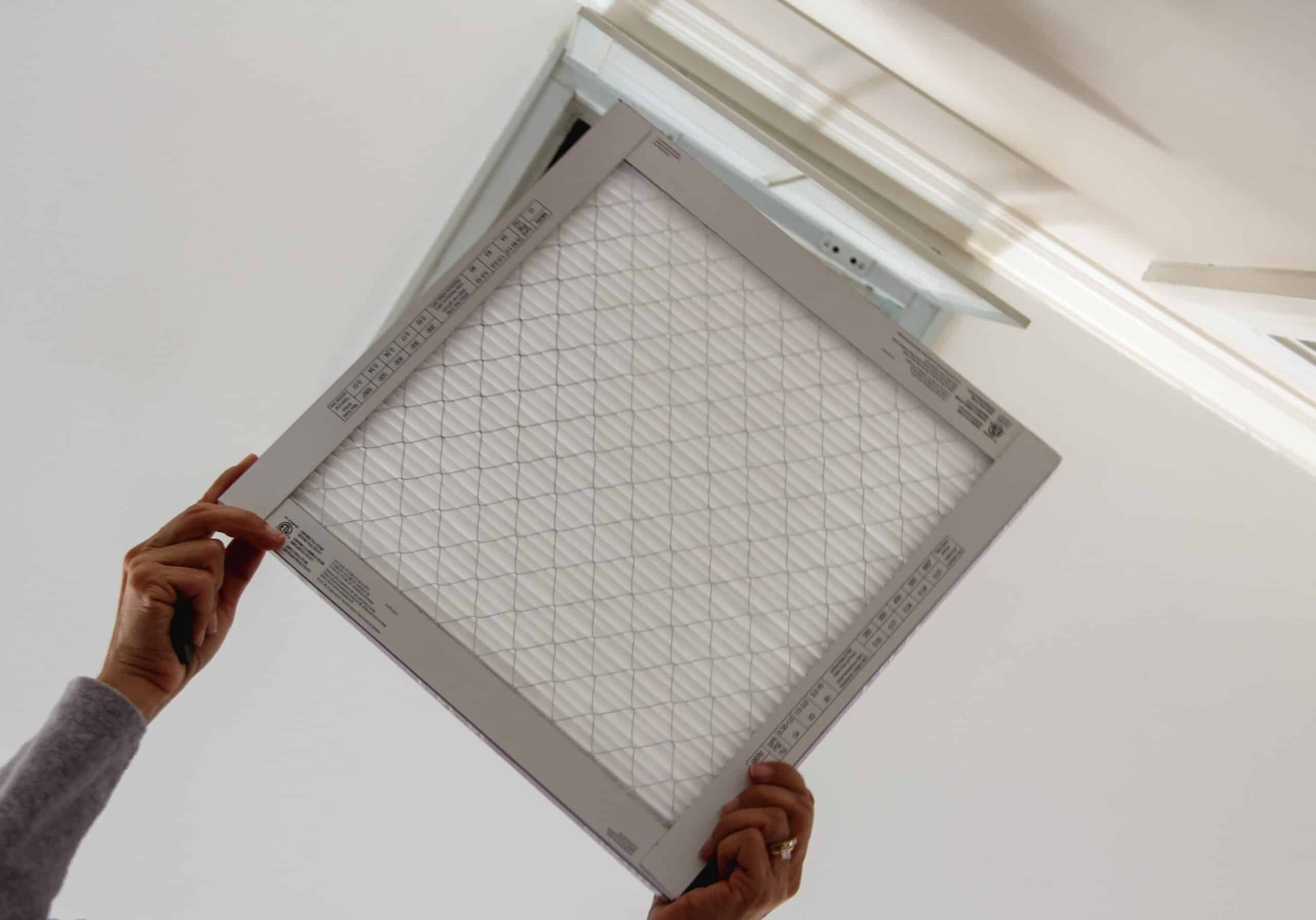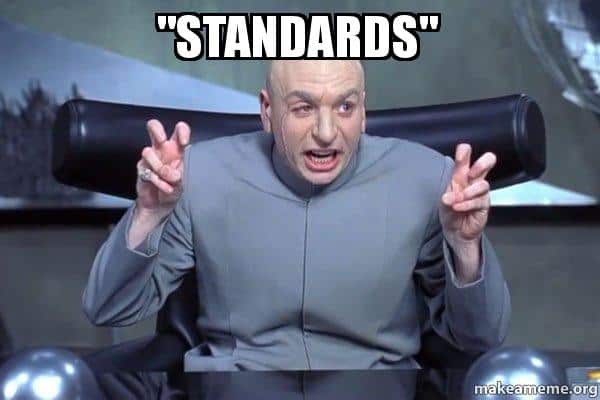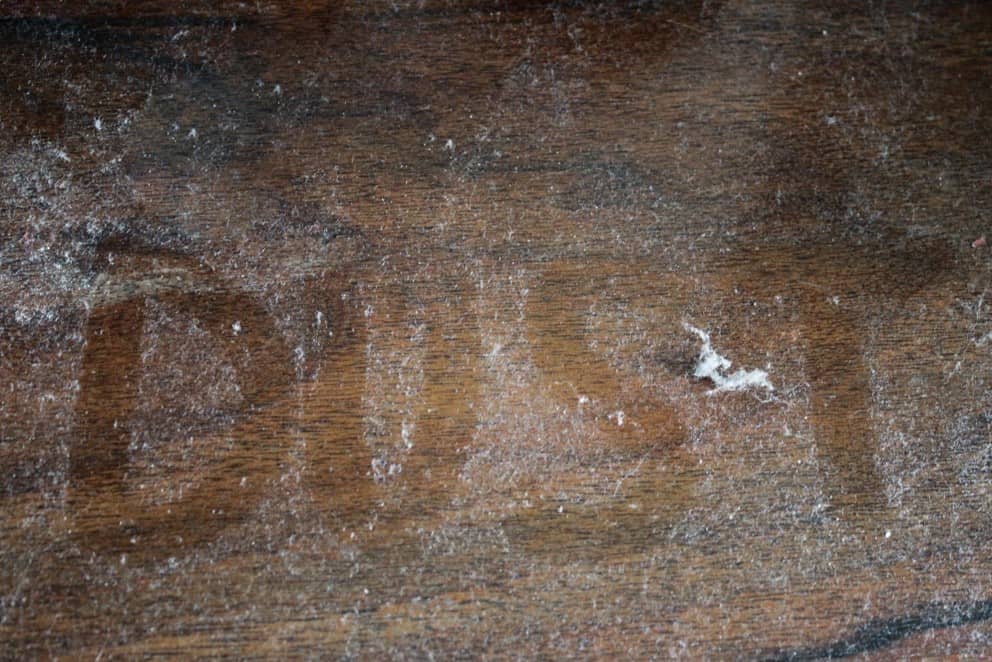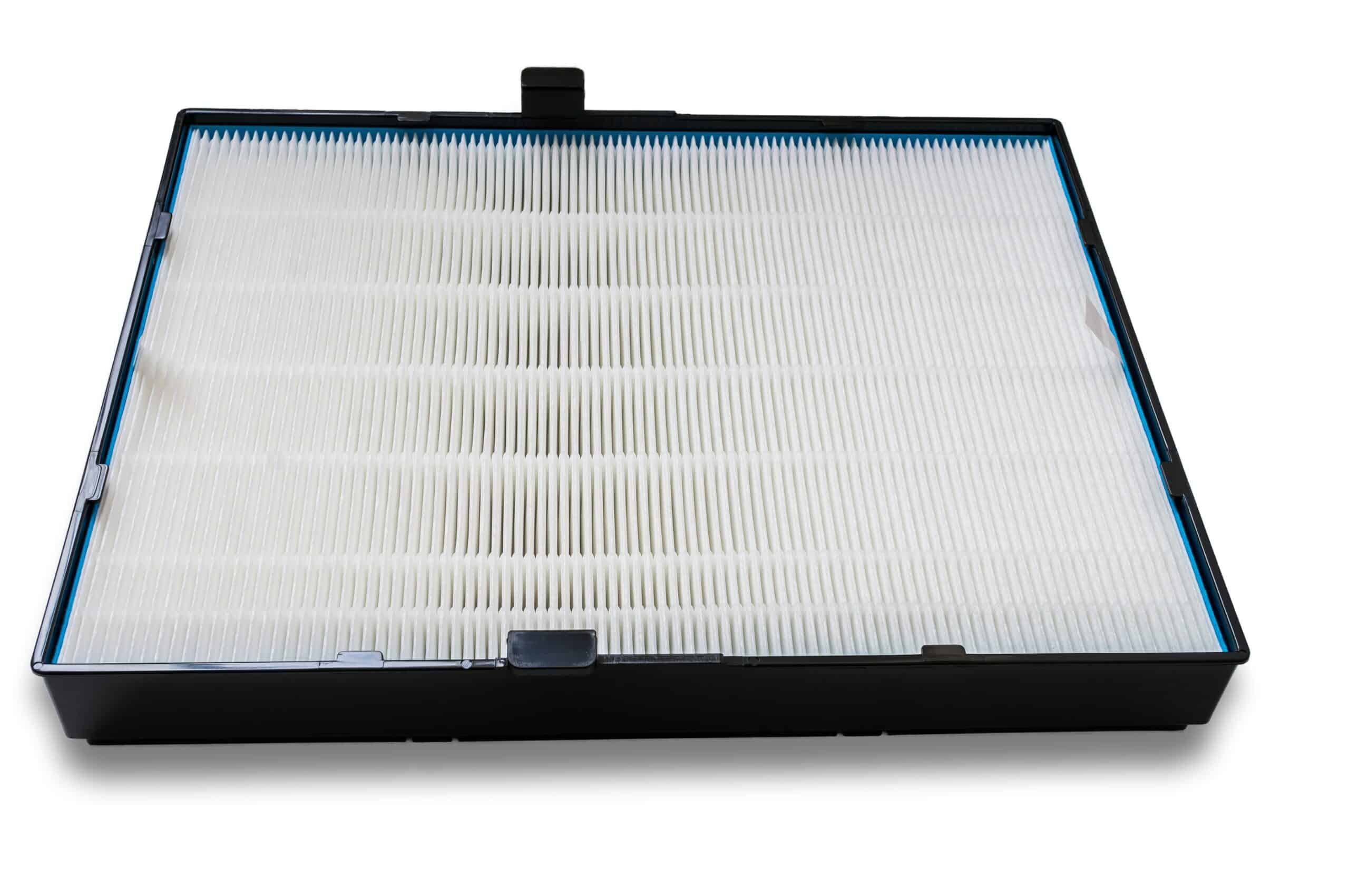[ad_1]
Did you hear your HVAC technician mention the MERV rating? It represents the minimum efficiency reporting value and describes the filtration efficiency of the furnace or air conditioner.
 When it comes to indoor air quality, it’s not just about comfort — it’s about your health. You spend most of your time in your home or office, so you want to make sure that you and your family are breathing fresh air.
When it comes to indoor air quality, it’s not just about comfort — it’s about your health. You spend most of your time in your home or office, so you want to make sure that you and your family are breathing fresh air.
We’ve put together some information about MERV ratings to help you understand why it’s so important to get the right rating for your HVAC system.
What is the MERV rating?
MERV is the minimum efficiency reporting value for air filtration. It is a standard created by the American Society of Heating, Refrigerating, and Air Conditioning Engineers (ASHRAE) to measure the ability of an air filter to capture particles from the air that passes through it. The higher the MERV rating, the more effective it is.

If you have allergies or asthma, a higher MERV rating means your air filter captures more allergens and irritants from the air it passes through.
Understanding the MERV classification
The MERV rating measures the filtration efficiency of an air filter. A common misconception is that this measures the size of the particles being filtered out. But it is a measure of how well the filter can trap dust and contaminants.
 The higher the MERV rating, the better the filter removes particles from the air. The best MERV filters remove particles as small as 0.3 microns!
The higher the MERV rating, the better the filter removes particles from the air. The best MERV filters remove particles as small as 0.3 microns!
MERV assessments and their uses
The MERV rating system measures an air filter’s ability to capture particles per its surface area.
MERV rating 1-7
Air filters with a MERV rating of 1 through 7 are used in larger industrial environments where good air flow is already required. They are mainly used to protect machinery by removing large particles from the air, which can damage engines and other equipment.
These filters are more energy efficient. However, it is not always suitable for residential premises. Using a low-rated filter may help you save money on your bills, but indoor air quality will be poor, putting your health at risk.
MERV classification 8-13
As a general rule, most people will want to use an air filter with a MERV rating of 8 to 13 for their homes. Rating 8 is suitable for those who do not live near smoke pollution and do not have allergies or asthma.
MERV rating 14-20
Hospitals and laboratories use very high MERV ratings because they have special air filtration needs. They need their filters to capture as many bacteria, viruses, and other infectious agents as possible while still allowing fresh air into their buildings.
These types of air filters look attractive in your home. However, they consume a lot of energy, and as a result, you end up with higher energy bills.
The best way to keep the air in the house as clean as possible is to use a HEPA filter.
Do HEPA filters have a MERV rating?
The importance of air purifiers cannot be overemphasized. Not only do they help create a healthy home environment, but they also contribute to the overall health of your family. If you are looking for an effective and affordable air purifier, consider a HEPA filter.
But what is a HEPA filter, and how is it different from a MERV rated filter?
 A high-efficiency particulate absorption (HEPA) filter is a type of air filter designed to trap fine particles, including bacteria, viruses, and mold spores.
A high-efficiency particulate absorption (HEPA) filter is a type of air filter designed to trap fine particles, including bacteria, viruses, and mold spores.
This is why not all HEPA filters come with a MERV rating. Instead, it exceeds MERV ratings – which means it’s one of the best filters you can buy.
Finally, air filters don’t last forever. They need maintenance just like any other aspect of your HVAC system. So, when you see your filters collecting dust and debris, it’s time to replace them.
 Still trying to decide which air filter is best for your home? Contact the HVAC experts at Service Champions today for more information.
Still trying to decide which air filter is best for your home? Contact the HVAC experts at Service Champions today for more information.
[ad_2]
Source link
#MERV #Rating #Matter
